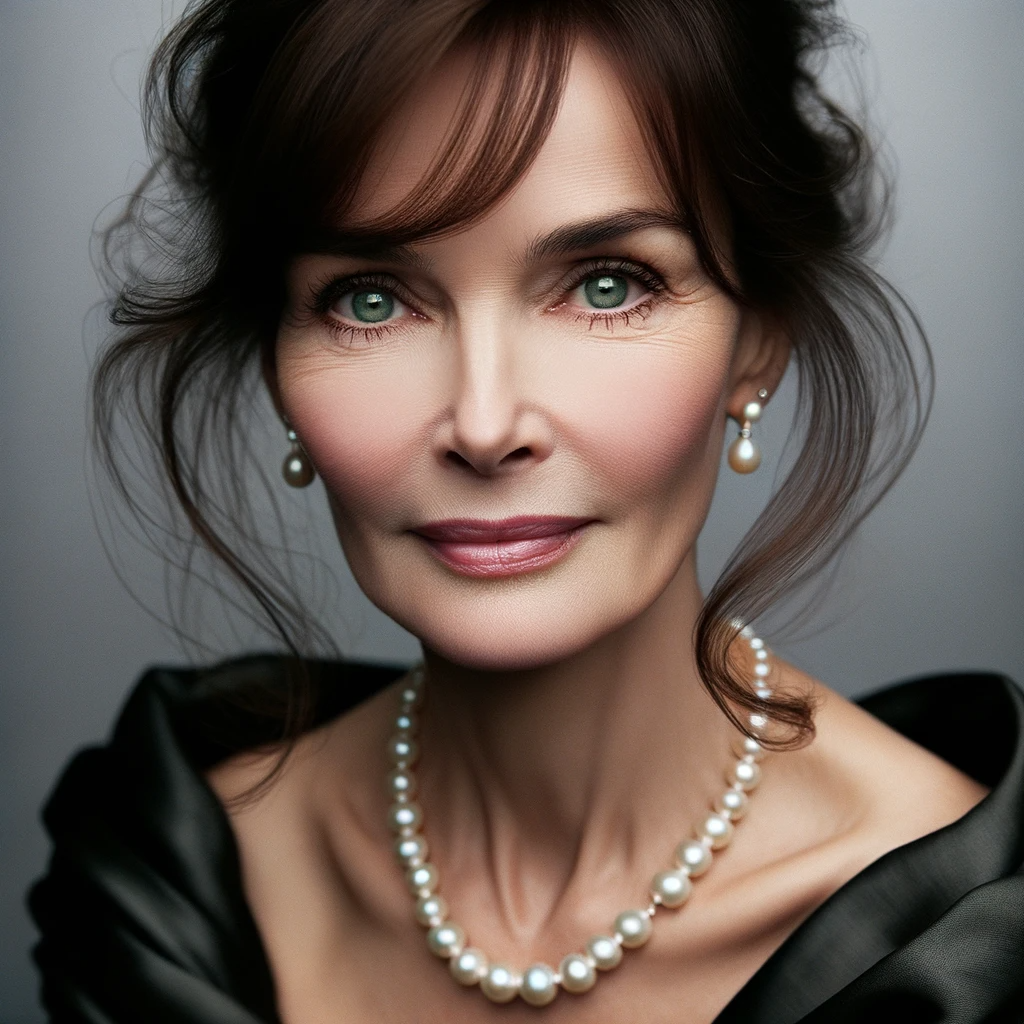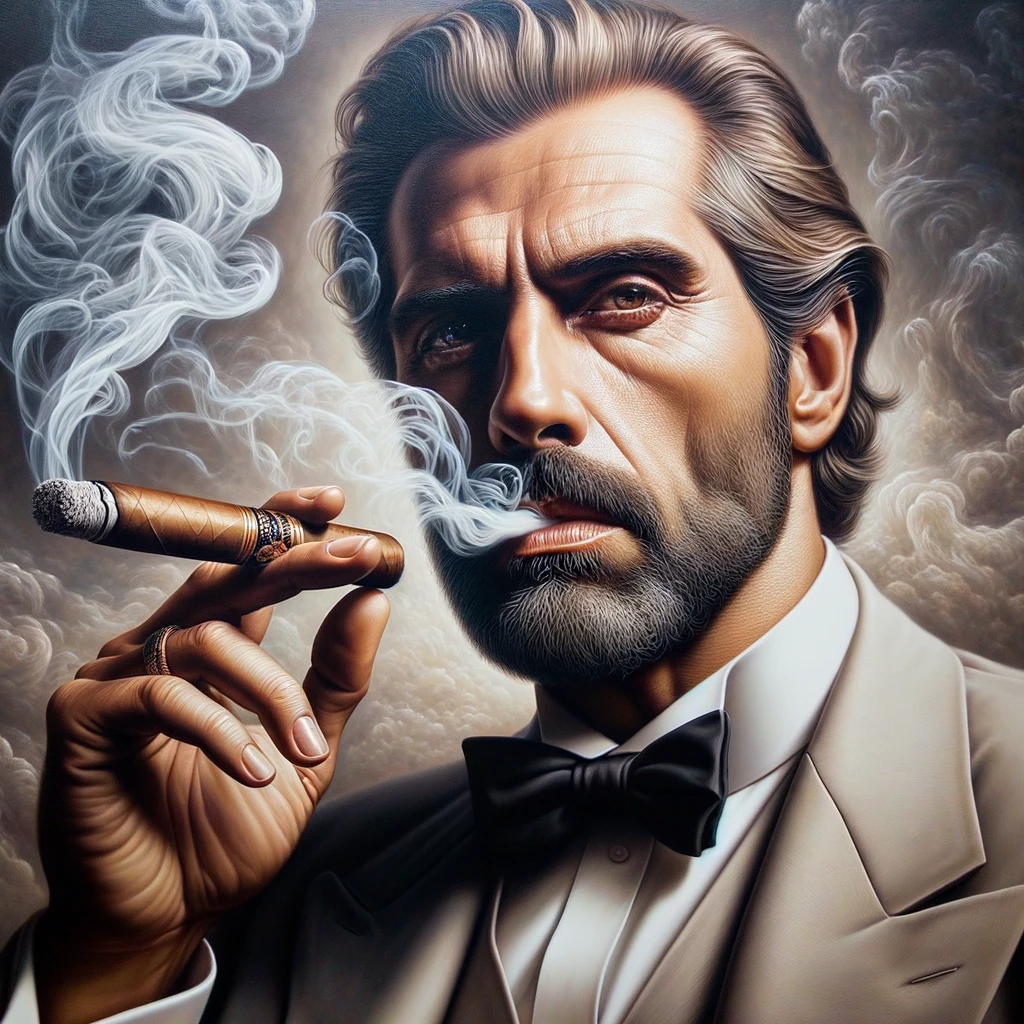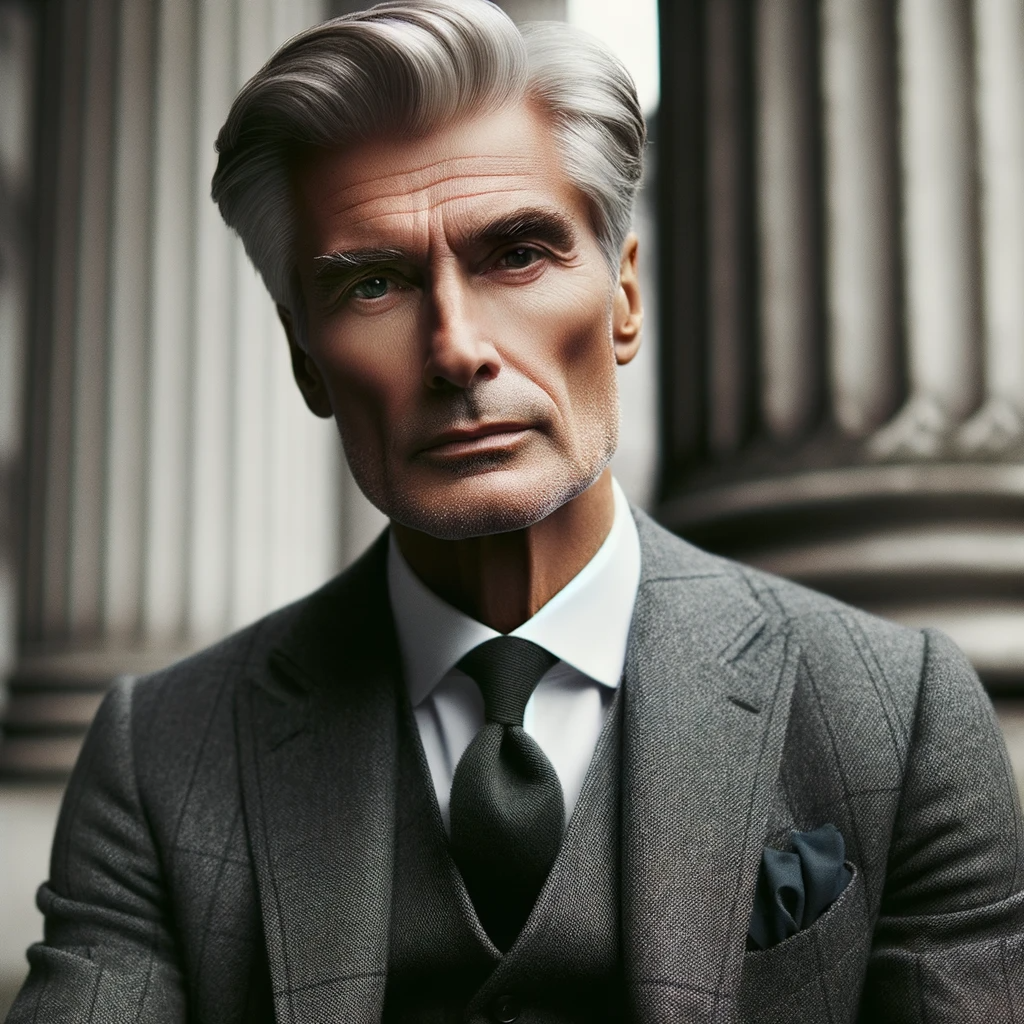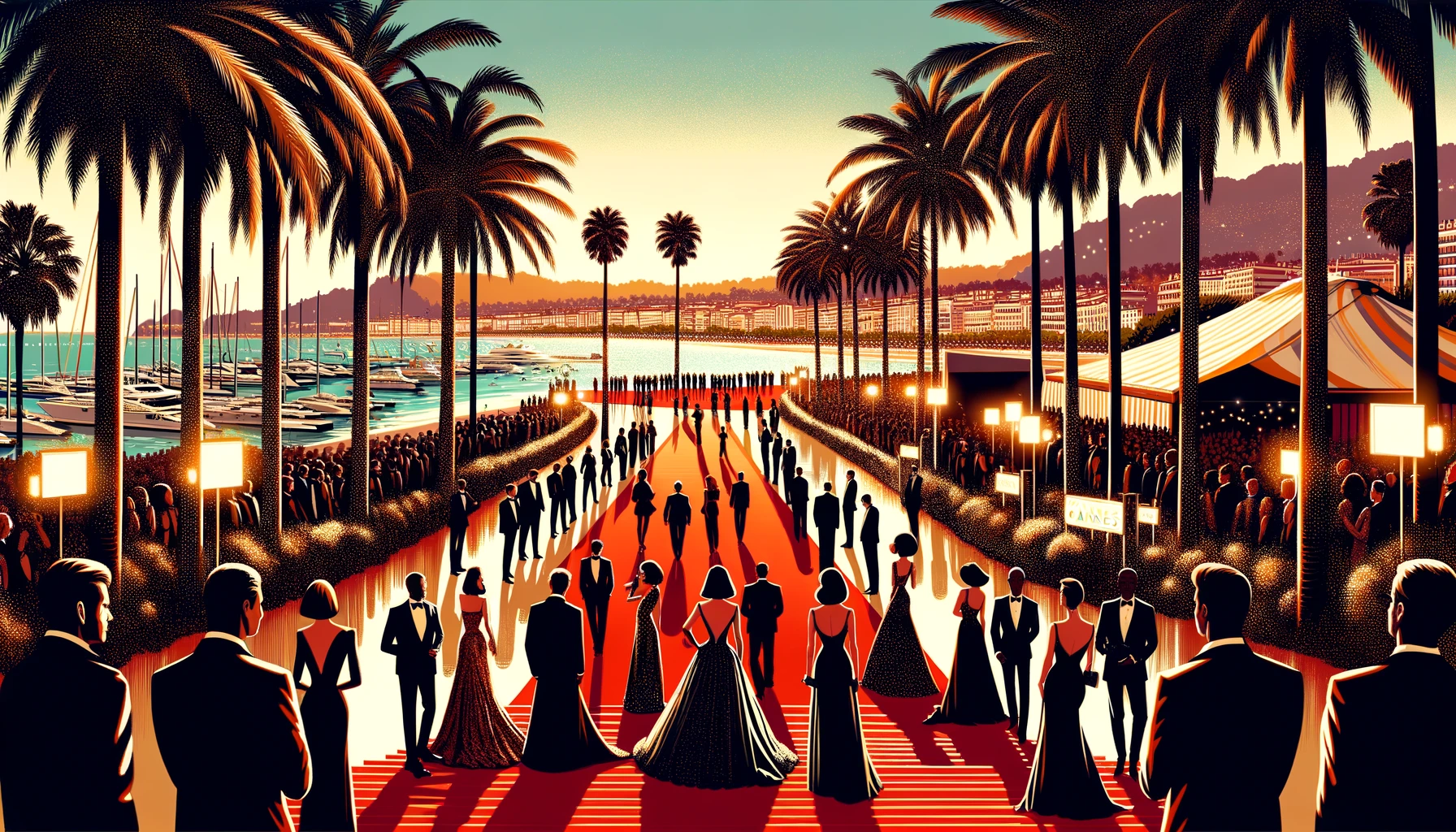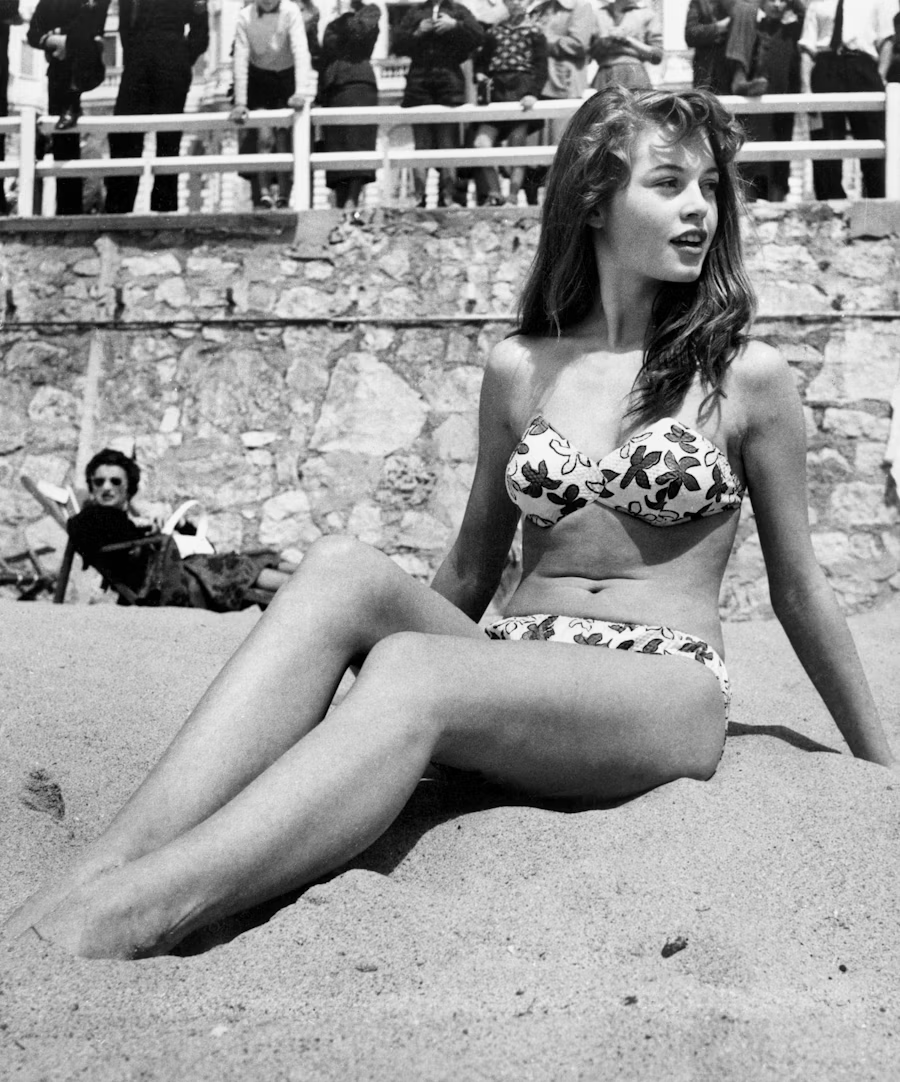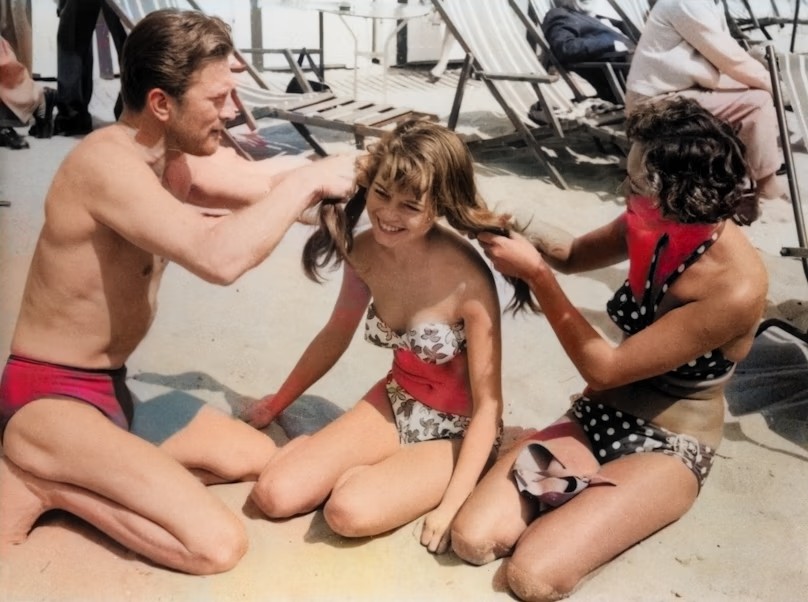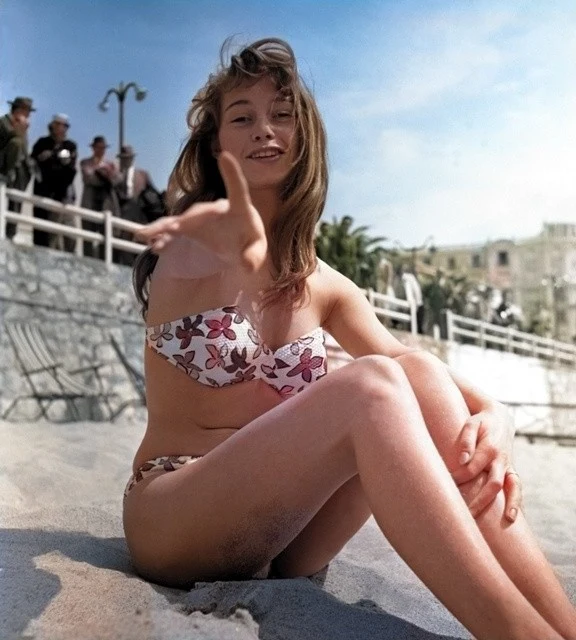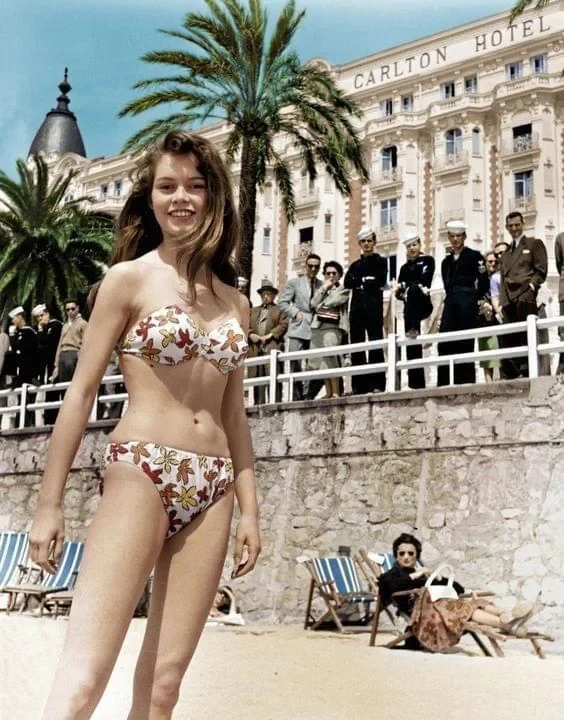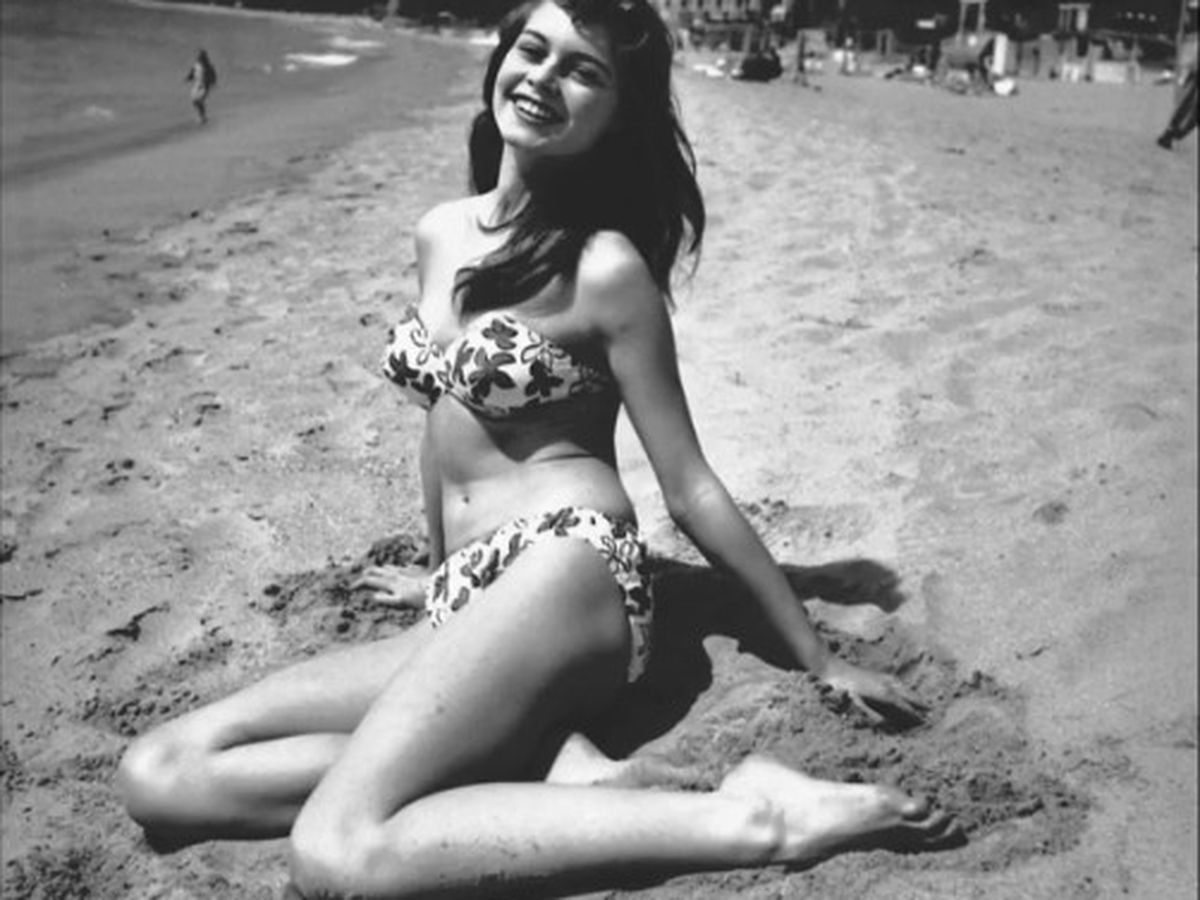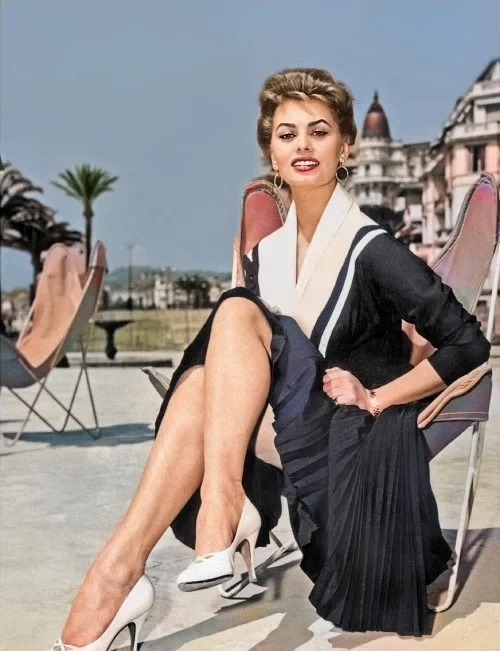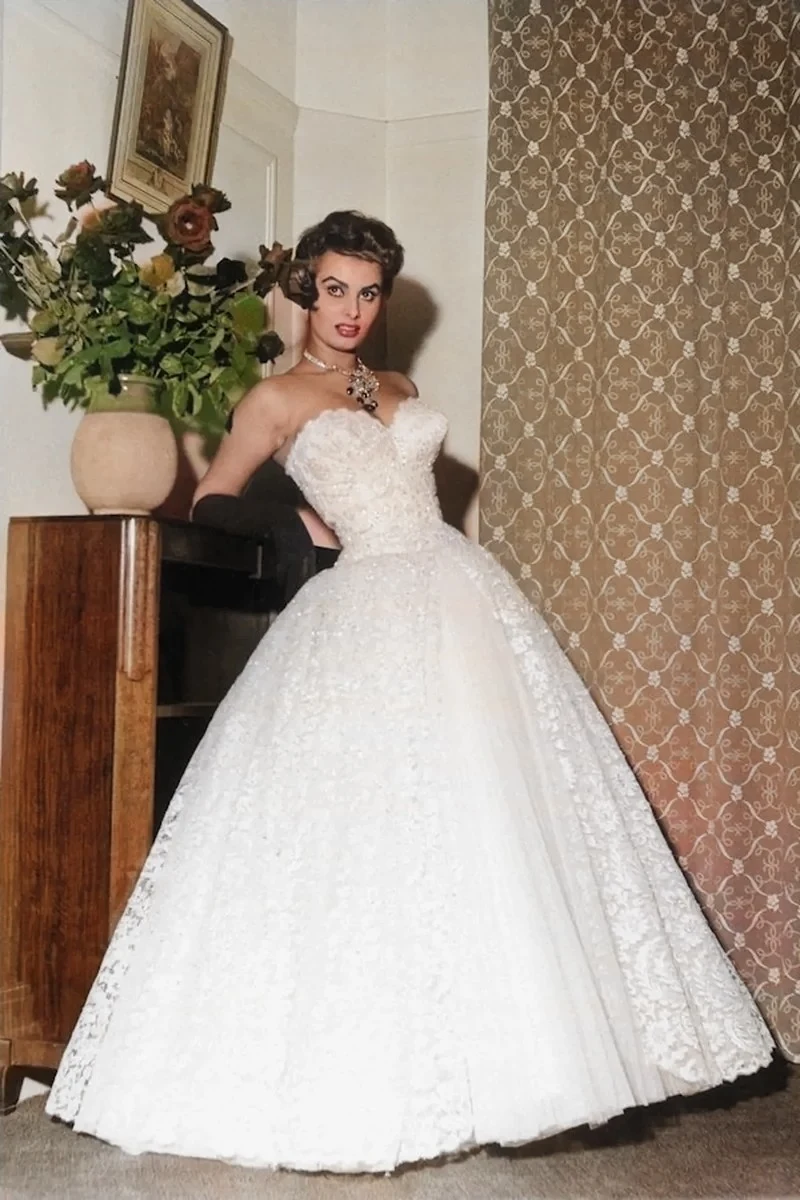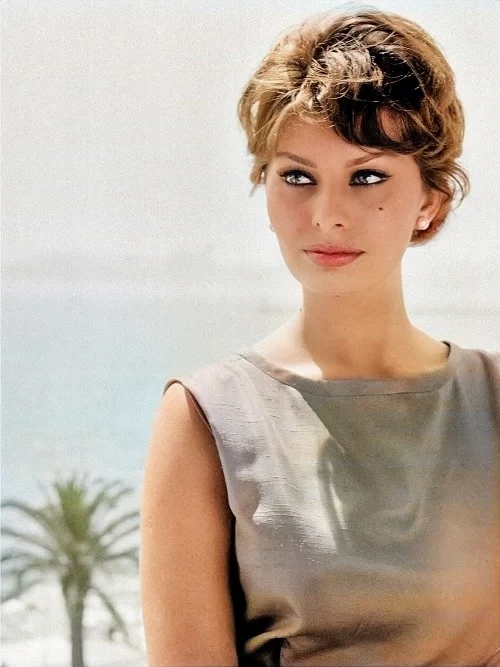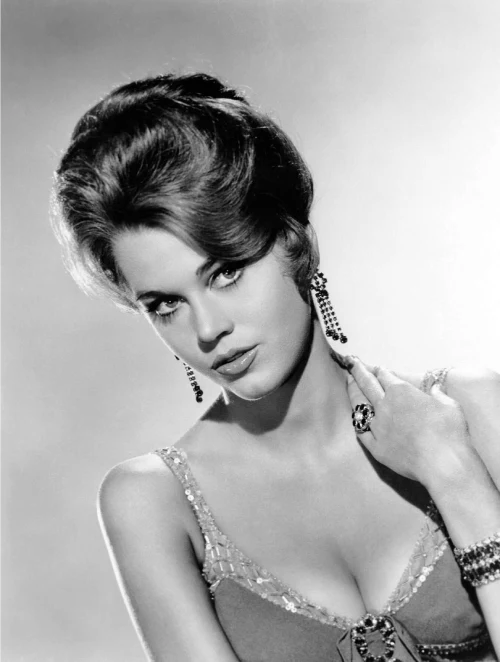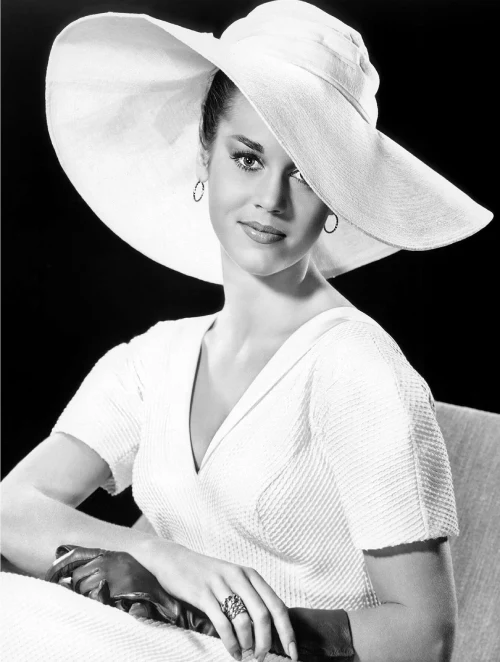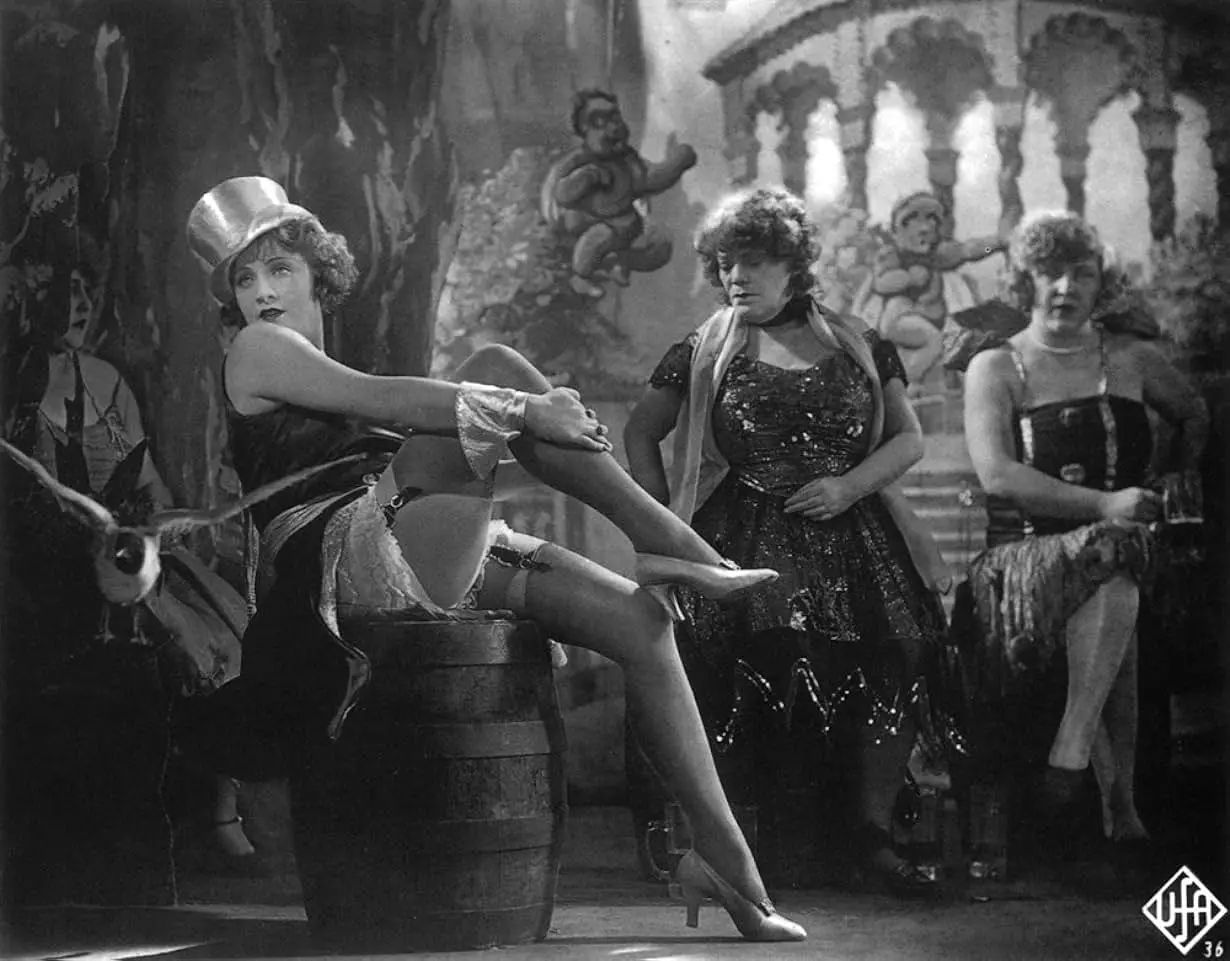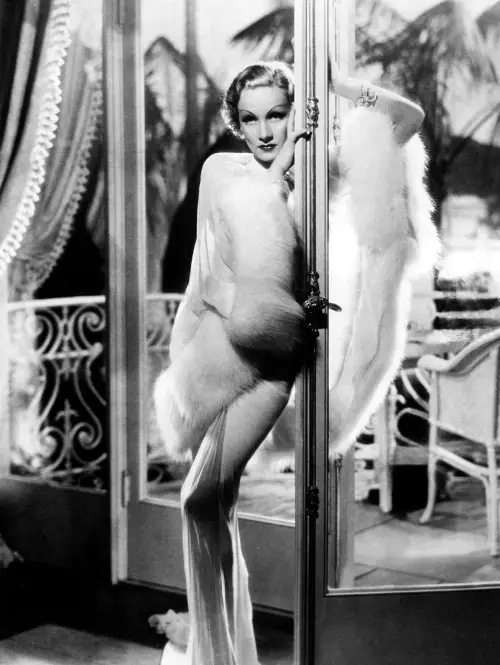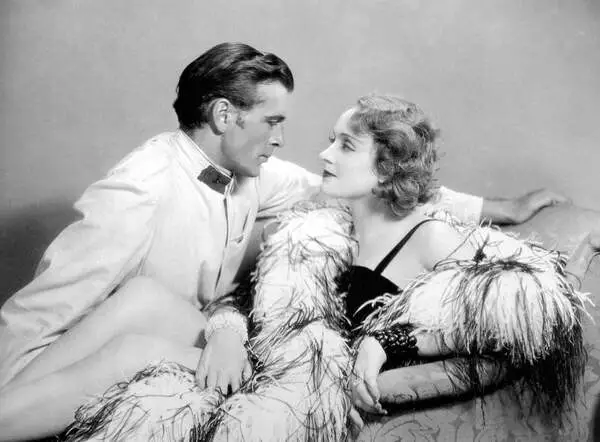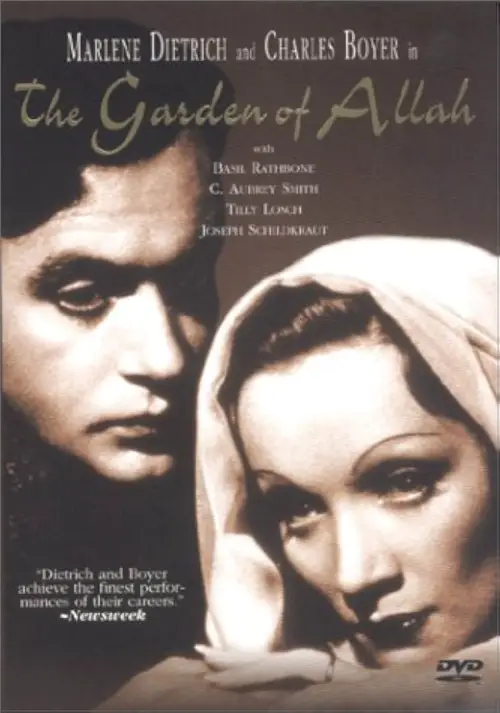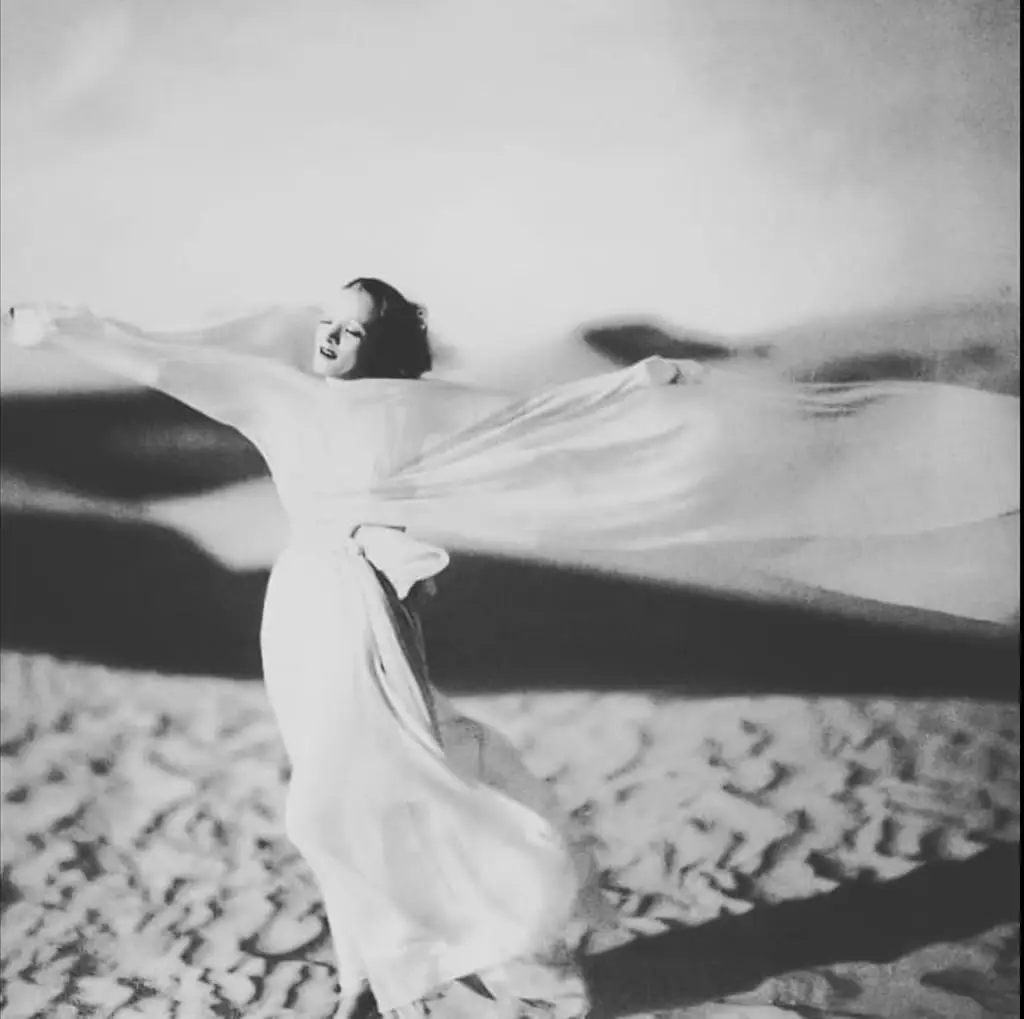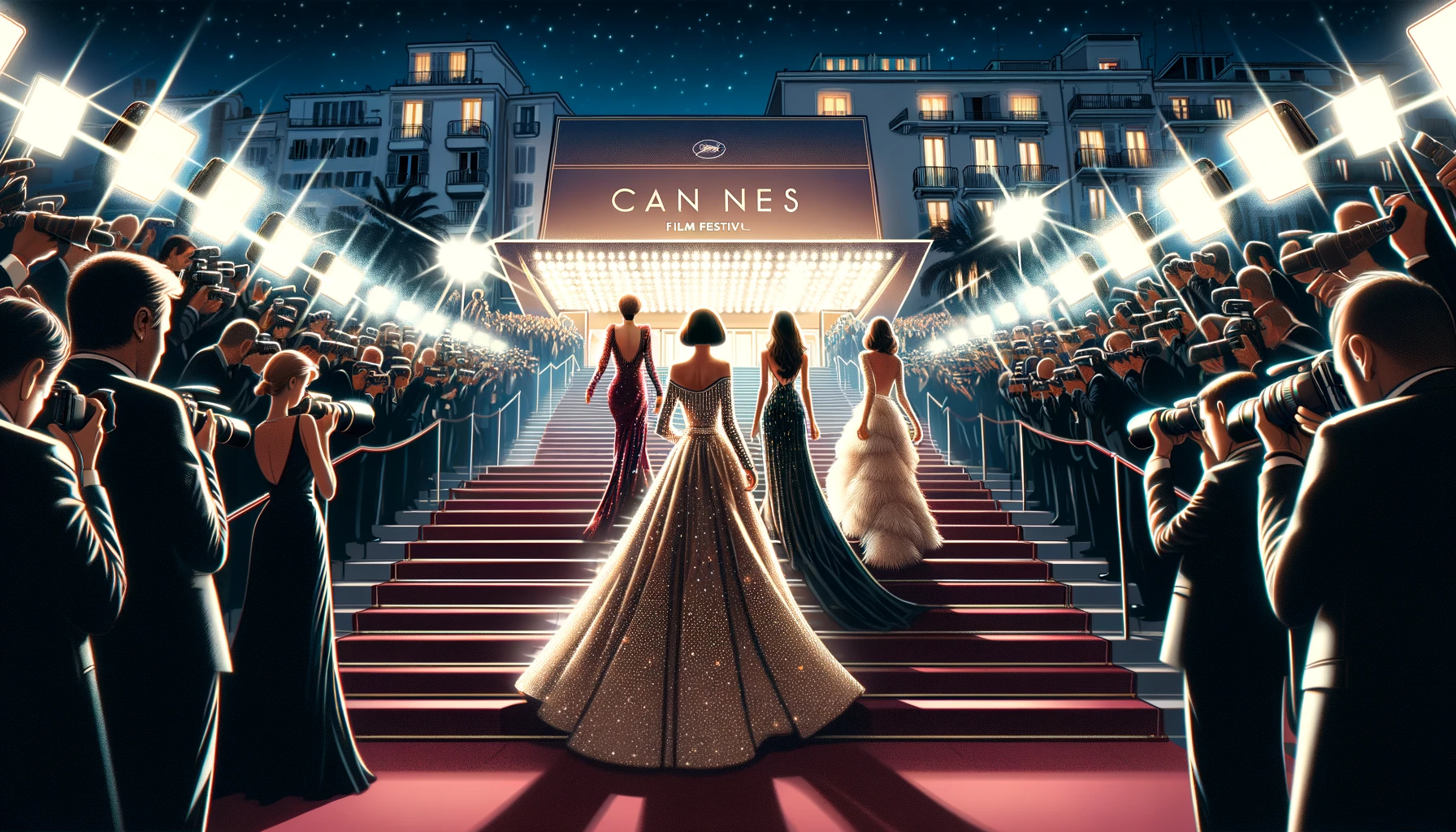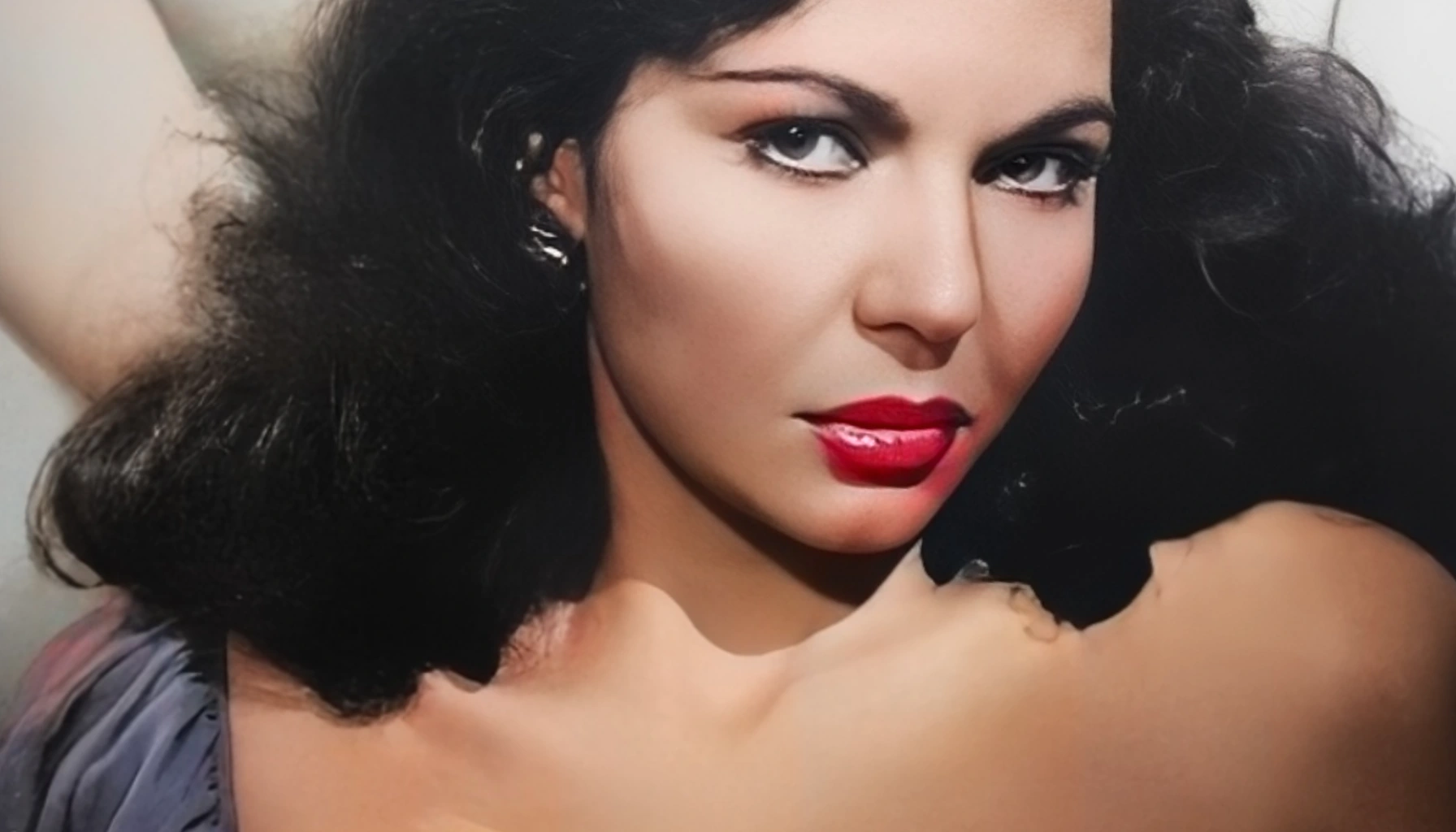Glamour and Icons of the Cannes Film Festival on the Croisette
The Cannes Film Festival is not only a celebration of cinema but also a major event for fashion and glamour. The icons of the Cannes Film Festival, these figures of beauty, grace, and daring, capture attention far beyond the Croisette every year, leaving a lasting mark on the history of fashion and cinema.
For decades, the icons of the Cannes Film Festival have blended style and influence, making this event a pinnacle of elegance. Among them, legendary actresses such as Brigitte Bardot, Grace Kelly, and Sophia Loren have left an indelible mark, confirming their status as icons of the Cannes Film Festival.
Here are the most memorable moments that have marked the evolution of these icons at the Cannes Film Festival.
The Rise of Icons at the Cannes Film Festival
Brigitte Bardot: The Birth of an Icon and the Bikini Revolution on the Croisette
In 1953, Brigitte Bardot, only 18 years old at the time, made a revolutionary appearance in a bikini on the beaches of Cannes, causing a sensation with her daring gesture. Symbolizing a newly claimed freedom, this act propelled Bardot to the status of icon of the Cannes Film Festival and of femininity, marking the beginning of a new era in the representation of women, both in cinema and society at large. This period, now known as the « Bardot Revolution, » with her casual demeanor and bold fashion choices, not only launched her international career but also had a profound impact on the fashion industry.
Thanks to Bardot, the bikini became a symbol of freedom and seduction, redefining the feminine codes of the 1950s. Her remarkable presence at Cannes not only disrupted the fashion norms of the time; it also paved the way for a more liberated and assertive representation of women, both on the big screen and beyond.
Grace Kelly: A Modern Fairy Tale and a Royal Encounter at Cannes
The fortuitous meeting between Grace Kelly and Prince Rainier III of Monaco in 1955, orchestrated by Paris Match magazine on the sidelines of the Cannes Festival, turned into a modern-day fairy tale that forever changed the life of the American actress. This union perfectly illustrates Cannes’ power as a catalyst for exceptional destinies. The ensuing love story, worthy of the greatest fairy tales, became one of the most romantic events associated with the festival.
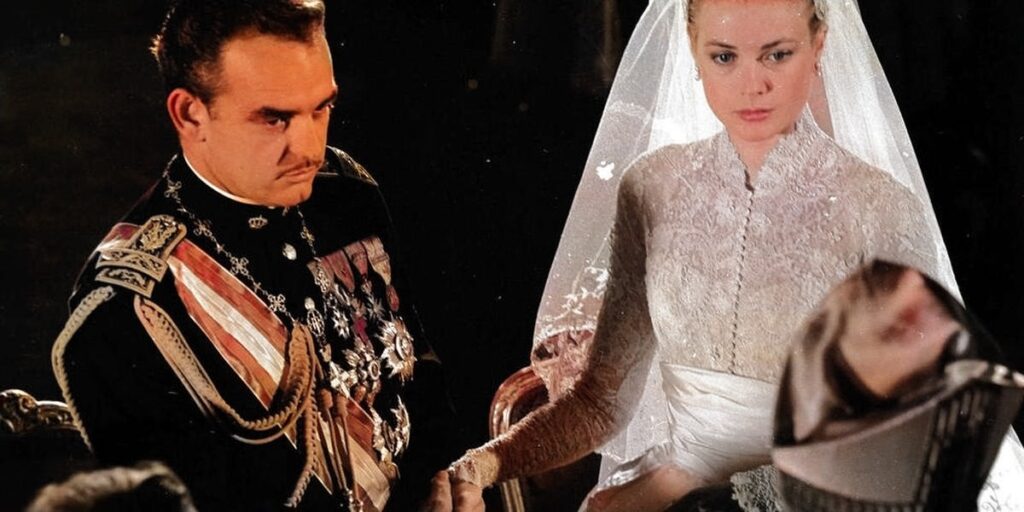
Grace Kelly’s transformation from famous American actress to Princess of Monaco highlights the importance of the Cannes Film Festival not only as a leading cinematic event but also as a place for decisive encounters. Grace Kelly, thanks to this meeting, became one of the icons of the Cannes Film Festival, whose glamour and grace continue to influence cinema and royalty alike.
Sophia Loren: The Elegance and Class of Italian Glamour on the Cannes Red Carpet
Recognized as an icon of the Cannes Film Festival and of Italian elegance, Sophia Loren has always managed to captivate Cannes audiences, not only with her charm and acting talent but also with her bold fashion choices. Her appearances on the red carpet, often in haute couture gowns, have become legendary, leaving an imprint with unmatched charisma and timeless class. These moments confirm Loren’s role as an ambassador of Italian fashion while setting new standards of glamour, influencing future generations of actresses and designers.
Sophia Loren’s legacy at Cannes is twofold: she left an indelible mark on cinema history while redefining the codes of elegance on the red carpet, proving that class and style are timeless, thus affirming her status as an icon of the Cannes Film Festival.
Jane Fonda: Activism and Elegance
Jane Fonda, known for her brilliant acting career, transcended her role in cinema to use the Cannes Film Festival as a powerful platform for her political and social commitments. Starting in the 1970s, she became an icon of the Cannes Film Festival, an emblematic figure of activism at Cannes, perfectly illustrating that the festival is not just a celebration of cinema but also a place for meaningful causes. Her bold approach to activism, where elegance and activism intertwine, leaves a lasting impression and proves that the red carpet can be a podium to promote important messages.
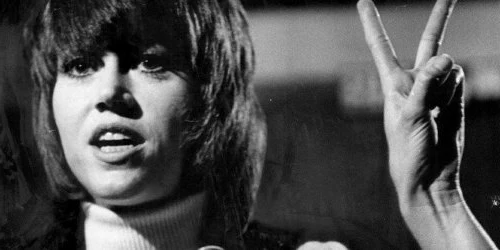
Jane Fonda’s strategic use of the Cannes stage to highlight her political and social beliefs demonstrates a successful fusion of glamour and commitment. Her stances, often expressed through impactful fashion choices and powerful speeches, underscore the capacity of activism to be mutually reinforced by the worlds of fashion and cinema. Jane Fonda not only showed that elegance can be a vehicle for social change but also expanded the festival’s reach, transforming it into a platform for dialogue on critical global issues.
Jane Fonda’s legacy at Cannes remains a source of inspiration, proving that the festival can be a space where art, beauty, and the fight for a greater cause unite, paving the way for other personalities wishing to use their influence for positive social impact.
Marlene Dietrich: The Unforgettable Hollywood Diva
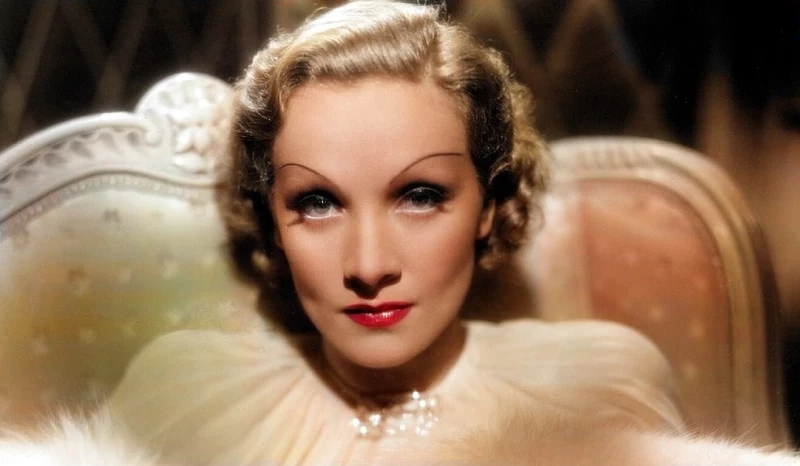
In 1956, Marlene Dietrich, a German actress and singer, made a remarkable appearance at the Cannes Film Festival, bringing her charisma and international stature to the event. Already a Hollywood legend, Dietrich had made her mark on cinema with iconic films like “The Blue Angel” and “Morocco.” Her appearance at Cannes further cemented her status as a global icon of the Cannes Film Festival.
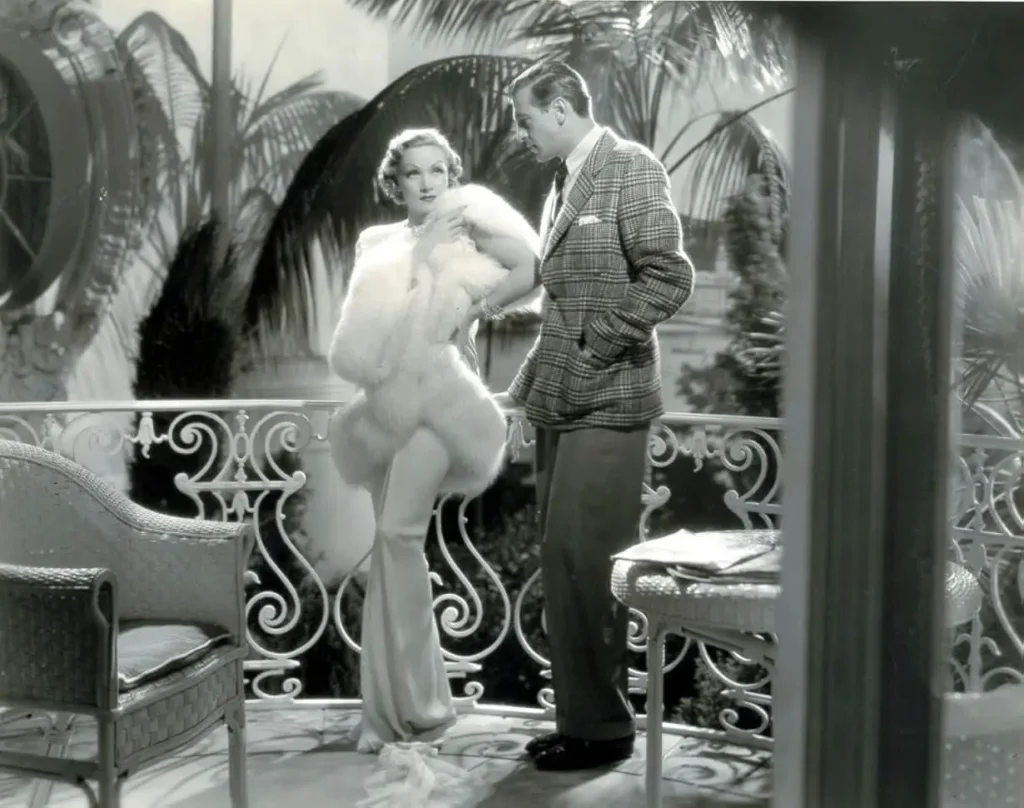
Marlene Dietrich’s appearance at the festival symbolizes not only her significance in the film industry but also her personal and political commitment. Her fierce opposition to Nazism and unwavering support for the Allied war effort solidified her image not just as a cinema star, but also as a figure of freedom and resistance. This heroic dimension of her personality resonates deeply at Cannes, where glamour and activism converge.
In 1992, the 45th edition of the Cannes Festival paid tribute to this timeless icon with a memorable poster. The poster, a striking photograph of Marlene Dietrich by Don English, designed by Michel Landi, perfectly captures the essence of her eternal glamour and sophisticated elegance. This iconic image remains etched in the festival’s history, highlighting Dietrich’s lasting impact on the world of cinema.
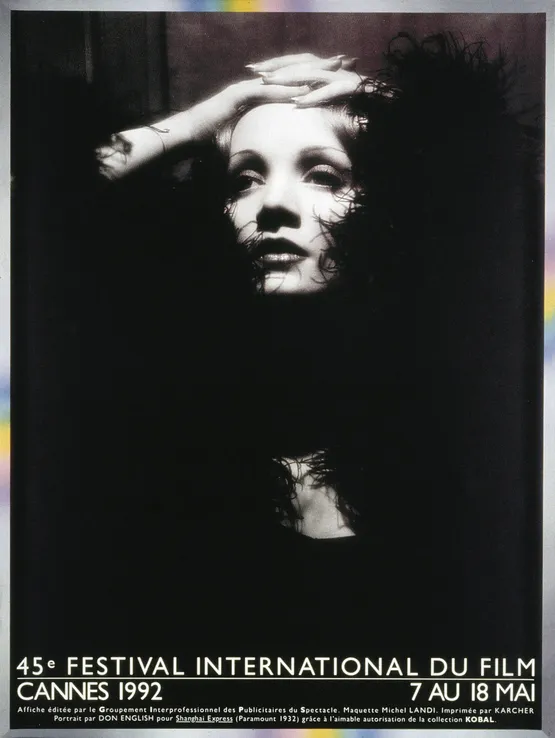
Marlene Dietrich, through her elegance and commitment, embodies the power of the Cannes Festival as a space where cinema, style, and politics converge. Her presence continues to inspire and captivate, illustrating how great cinema icons can transcend the screen to become symbols of courage and liberty.
Romy Schneider: The Eternal Star of European Cinema
Romy Schneider, the Austrian actress, left an indelible mark on European cinema with unforgettable roles in films such as Sissi and The Most Important Thing: Love. Her career, rich in intense performances and profound artistic sensitivity, is also closely tied to the Cannes Festival. In 1972, Romy Schneider won the Best Actress Award for her poignant role in The Most Important Thing: Love, directed by Andrzej Żuławski, underscoring her exceptional talent and lasting impact on international cinema.
Schneider’s victory at Cannes perfectly illustrates the festival’s ability to recognize and celebrate extraordinary talents. Her role in The Most Important Thing: Love highlights not only her acting skills but also her ability to move and captivate audiences with emotional depth and vulnerability. This award solidified her status as a legend of European cinema and immortalized her presence at Cannes as one of the most iconic moments of her career.
Romy Schneider epitomizes the essence of European cinema’s glamour and complexity. Her presence at Cannes, marked by elegant appearances and acclaimed performances, symbolizes the festival’s rich legacy as a platform for unveiling the greatest talents in world cinema. Her influence endures, inspiring generations of actors and cinephiles, reaffirming the Cannes Festival as a place where artistic excellence and glamour come together to create unforgettable moments.
Nadine de Rothschild: From Nobility to Engaged Glamour
Nadine de Rothschild, born Nadine Nelly Jeannette Lhopitalier on April 18, 1932, in Saint-Quentin, is an iconic figure embodying both the refinement of aristocracy and the glamour of French cinema. A muse and model for painter Jean-Gabriel Domergue, who introduced her to the worlds of theater and cinema at age 16, she began her acting career under the pseudonym Nadine Tallier in 1952, performing various roles until 1964. Before becoming a baroness through her marriage to Edmond de Rothschild in 1962, Nadine was already a recognized starlet known for her acting talents and captivating charm. She also worked as a governess at the Hôtel Carlton in Cannes, an experience that left a lasting impression on her before she broke into the film industry and became an influential personality..
Engagement and Philanthropy
Nadine de Rothschild n’a pas seulement marqué les esprits par son style et sa beauté, mais aussi par son engagement philanthropique. Elle a activement participé à diverses œuvres de bienfaisance et soutenu des initiatives culturelles et sociales. Sa contribution au rayonnement de la culture française et à l’amélioration de la société fait d’elle une figure respectée et admirée.
A Legacy of Grace and Distinction
Nadine de Rothschild made her mark not only through her style and beauty but also through her philanthropic work. She actively participated in various charitable causes and supported cultural and social initiatives. Her contribution to promoting French culture and improving society has made her a respected and admired figure.
The Emergence of New Icons
Today, new icons of the Cannes Film Festival continue this tradition of elegance and glamour on the Croisette, with figures such as Lupita Nyong’o, Kristen Stewart, and Léa Seydoux. Their commitment to important causes, while redefining beauty standards, elevates them to the rank of contemporary icons of the Cannes Film Festival.
Lupita Nyong’o: A New Generation of Glamour and Talent
Lupita Nyong’o, the Kenyan-Mexican actress, quickly captured global attention with her remarkable performances and natural elegance. A winner of the Academy Award for Best Supporting Actress for her role in 12 Years a Slave, Nyong’o has also shone on the Cannes red carpet with bold and elegant fashion choices. Her presence at Cannes represents a new generation of talent and diversity in global cinema, while redefining standards of beauty and glamour.
Kristen Stewart: From Youth Star to Avant-Garde Icon
Initially famous for her role in the Twilight saga, Kristen Stewart has successfully reinvented herself as a respected actress in auteur and independent films. Her regular participation at the Cannes Festival, notably for films like Personal Shopper and Clouds of Sils Maria, has cemented her status as an avant-garde icon. Stewart embodies a new vision of glamour, where boldness and individuality take precedence over traditional conventions.
Aishwarya Rai: Indian Grace at the Heart of Cannes
Aishwarya Rai, often hailed as one of the most beautiful women in the world, has brought the splendor of Bollywood to the Cannes Festival. Since her debut at the festival in 2002, Rai has become a staple on the red carpet, dazzling spectators with her lavish outfit choices and natural grace. As an ambassador of Indian culture, she has helped expand the festival’s influence, strengthening the connections between Asian and Western cinema.
Léa Seydoux: French Elegance and the Power of Contemporary Cinema
Acclaimed French actress Léa Seydoux has made a lasting impact at the Cannes Festival with performances in films such as Blue Is the Warmest Colour (Palme d’Or 2013) and Lobster. Her chic and sophisticated style on the red carpet, combined with her undeniable talent, has solidified her status as a contemporary icon of French cinema. Seydoux embodies the perfect fusion of tradition and modernity in film, bringing depth and subtlety to every role she undertakes.
Cate Blanchett: A Charismatic and Influential Presence at Cannes
Multi-award-winning Australian actress Cate Blanchett is an iconic figure at the Cannes Festival, where she has not only shone with her talent but also through her refined and bold fashion choices. As the president of the jury in 2018, Blanchett used her platform to advocate for gender equality and inclusion within the film industry. Her dedication and charisma make her a modern icon who influences both cinema and societal and cultural norms.
Tilda Swinton: The Icon of Androgyny and Cinematic Innovation
Tilda Swinton, known for her androgynous look and bold role choices, has left her mark on the Cannes Festival with her unique style and captivating presence. Often seen in avant-garde creations on the red carpet, Swinton embodies innovation and a departure from traditional glamour conventions. Her impact at Cannes is twofold: she continuously redefines the boundaries of cinema while influencing fashion trends with her distinctive aesthetic.
Charlize Theron: South African Strength and Beauty at Cannes
Charlize Theron, South African actress and Hollywood star, has made a lasting impression at Cannes with her powerful performances and radiant beauty. From her acclaimed role in Monster, which earned her an Oscar, to her performances in blockbusters and poignant dramas, Theron has captivated audiences. Her commitment to women’s and children’s rights, particularly through her Charlize Theron Africa Outreach Project, further strengthens her status as an inspiring icon both on and off the screen.
Conclusion: A Festival in Constant Evolution
The Cannes Film Festival continues to evolve, attracting new generations of actors and actresses each year who redefine what it means to be an icon of the Cannes Film Festival. From legendary figures like Brigitte Bardot and Marlene Dietrich to new stars like Lupita Nyong’o and Kristen Stewart, Cannes remains the convergence point for glamour, cinematic art, and social impact. These icons of the Cannes Film Festival, with their beauty, talent, and commitment, continue to inspire and transform the landscape of international cinema.
